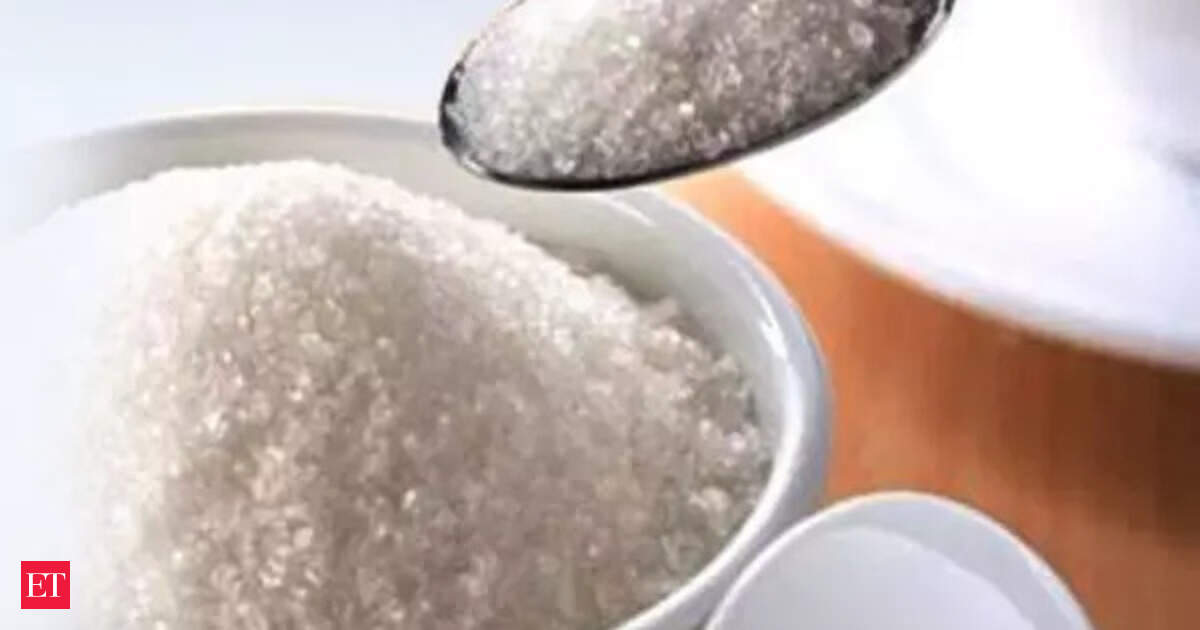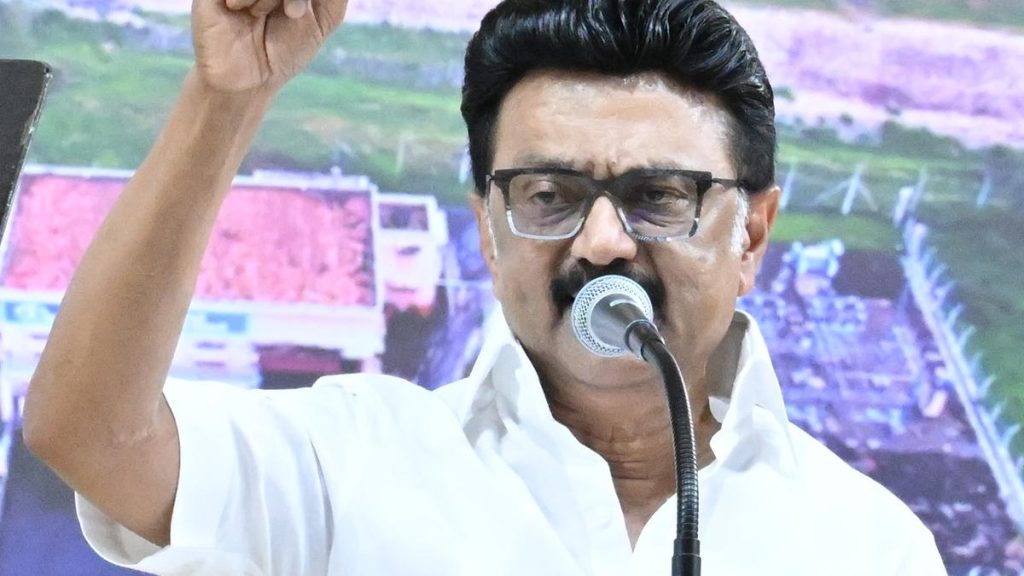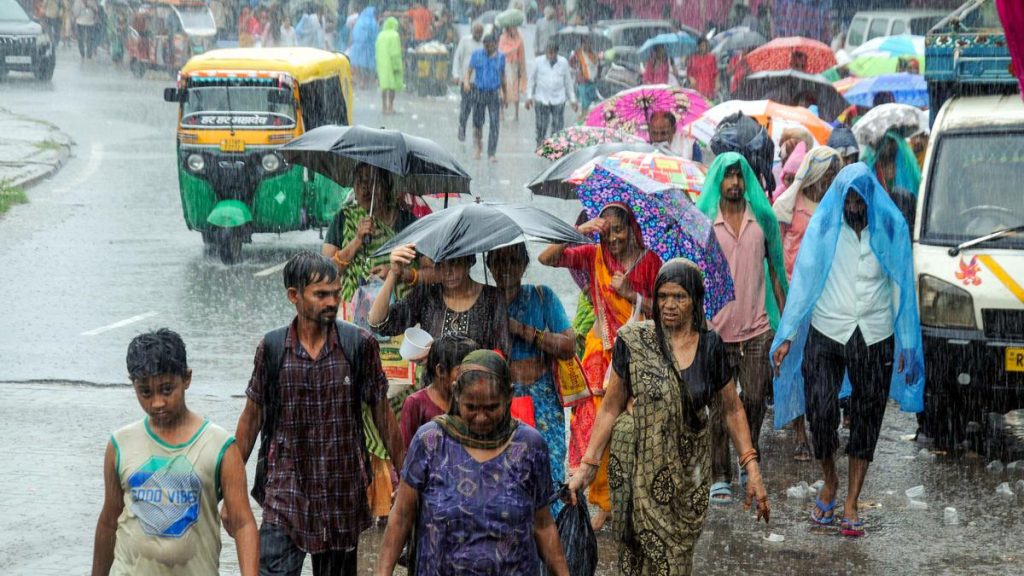Now Reading: FSSAI Forms Panel to Review Sugar in Infant Food
-
01
FSSAI Forms Panel to Review Sugar in Infant Food
FSSAI Forms Panel to Review Sugar in Infant Food

Swift Summary
- The Food Safety and Standards Authority of India (FSSAI) has formed a committee to review the use of added sugar in infant food products.
- This action follows criticism over added sugar in Nestlé’s Cerelac infant food, notably in developing markets like India.
- In developed markets, Nestlé sells Cerelac without added sugar, raising concerns about unequal standards.
- India’s Food Safety and standards (Foods for Infant Nutrition) Regulations, 2019 permits sugar addition under strict conditions: “Sucrose and/or fructose shall not exceed 20% of total carbohydrates.”
- Advocacy groups Public Eye and International Baby Food Action Network alleged that Nestlé catered different versions of Cerelac based on market development levels. Nestlé refuted the claims but highlighted efforts to reduce sugar content in its products.
- A new Cerelac range with “no refined sugar” options was introduced by Nestlé recently.
- No deadline has been given for the FSSAI committee to deliver its findings.
Indian Opinion Analysis
The formation of this committee underscores growing concerns over nutritional equity among global markets. Critics argue that developing countries like India often receive lower quality or less health-conscious versions of consumer goods compared to developed nations.This issue is particularly sensitive when it involves infant nutrition,a sector with long-term implications on child health.
FSSAI’s review could lead to stricter regulations regarding the addition of sugar in baby foods sold within India. However, effective policy changes may require aligning industry practices with public health objectives while addressing corporate resistance. Clarity from manufacturers about ingredients and adherence to standardized global benchmarks can be decisive factors moving forward.
India’s emphasis on revising such critical regulations reflects a proactive stance toward safeguarding public health amidst evolving consumer awareness trends.
























